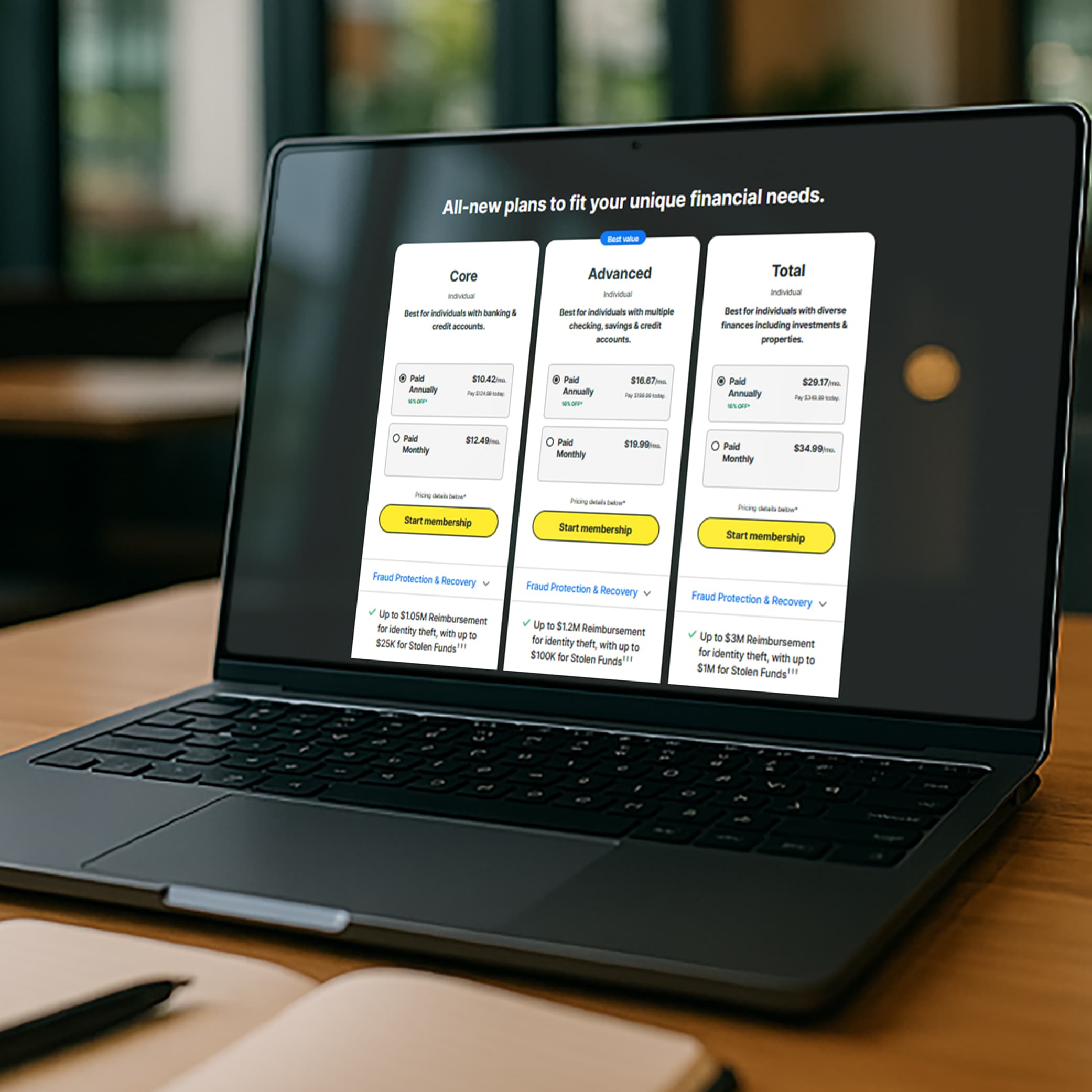What Is a passport number, and why is it important?
Every passport issued by a country has its own unique identifying number. Think of it as the fingerprint of your passport—a number that ties the document to you and you alone. Passport numbers are designed to be private. Protected under the Privacy Act, they are not considered public information. Yet, as travelers, we occasionally share our passport numbers when booking international flights, checking into hotels, or verifying our identity with institutions. Unfortunately, this leaves the door open for potential misuse.
How do criminals get your passport number?
Data breaches are the most common way criminals obtain passport numbers. High-profile attacks, such as the 2018 Marriott data breach, exposed passport numbers of millions of customers. Fraudsters also use tactics like phishing scams, bogus passport renewal services, and plain old human trickery—like "shoulder surfing" while you key in your details.
While the risk of misuse can seem abstract at first glance, it’s something worth taking seriously. A stolen passport number is often combined with other details, like your name or address, to unlock deeper layers of identity theft.
How criminals use stolen passport numbers
What exactly can someone do with just your passport number? On its own, the risk is relatively low. But when paired with additional information, your passport number can become a gateway to serious identity theft and fraud. Here's how:
- Create a fake passport: Criminals can use your passport number to forge passports for illegal activities like smuggling or evading law enforcement. These fakes sell for thousands on the dark web, and not all countries verify authenticity.
- Phishing scams: Fraudsters may use your passport number to appear legitimate and trick you into sharing more personal data through fake emails, texts, or calls, potentially leading to identity theft or malware attacks.
- Access your finances: With enough personal details, criminals can manipulate banks to access your accounts, add themselves as users, or steal your money.
- Open fraudulent accounts: Stolen passport numbers help criminals open bank accounts, apply for loans, or get credit cards in your name, leading to financial damage that can take years to fix.
Think your passport number is compromised? Here's what to do
Discovering that your passport number has been stolen can feel overwhelming, but don’t panic. Follow these steps to protect your identity and minimize the risk of fraud:
- Invest in identity theft protection: LifeLock monitors millions of data points to alert you if your personal information is compromised.
- Get a new passport: Report your passport as compromised and request a replacement. This ensures your old number becomes invalid.
- Watch for identity theft warning signs: Keep an eye out for suspicious account activity, unfamiliar charges, or strange communications from banks or service providers.
- Create a fraud alert: Contact credit reporting agencies like Equifax, TransUnion, and Experian to set up fraud alerts on your credit profile.
- Freeze your credit: A credit freeze prevents new accounts from being opened in your name without your explicit authorization.
- Be wary of phishing scams: Never click on suspicious links in emails or texts. Always verify the sender and check for official correspondence by logging in directly to legitimate websites.
- Monitor your accounts regularly: Review your financial statements, credit reports, and online accounts for any unusual activity.
Don’t let identity theft spoil your adventures
Traveling the world is exciting, but dealing with identity theft is not. Protect your personal information—even details like your passport number—so you can enjoy your trips with peace of mind.
If you're looking for an all-in-one solution to guard your identity, get LifeLock. You’ll benefit from real-time alerts, dark web scans, and up to $1 million in reimbursement for stolen funds and personal expenses if you become a victim of identity theft.
Editor’s note: Our articles provide educational information. LifeLock offerings may not cover or protect against every type of crime, fraud, or threat we write about.
Start your protection,
enroll in minutes.
LifeLock is part of Gen – a global company with a family of trusted brands.
Copyright © 2026 Gen Digital Inc. All rights reserved. Gen trademarks or registered trademarks are property of Gen Digital Inc. or its affiliates. Firefox is a trademark of Mozilla Foundation. Android, Google Chrome, Google Play and the Google Play logo are trademarks of Google, LLC. Mac, iPhone, iPad, Apple and the Apple logo are trademarks of Apple Inc., registered in the U.S. and other countries. App Store is a service mark of Apple Inc. Alexa and all related logos are trademarks of Amazon.com, Inc. or its affiliates. Microsoft and the Window logo are trademarks of Microsoft Corporation in the U.S. and other countries. The Android robot is reproduced or modified from work created and shared by Google and used according to terms described in the Creative Commons 3.0 Attribution License. Other names may be trademarks of their respective owners.





